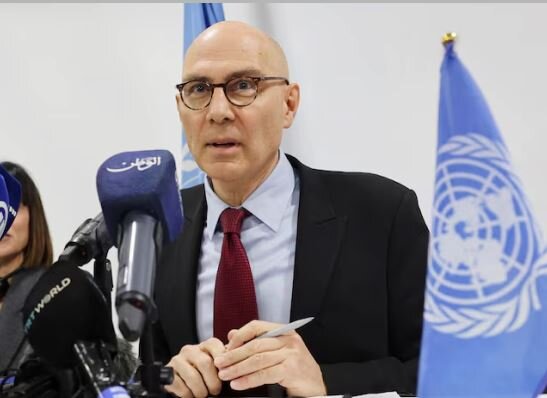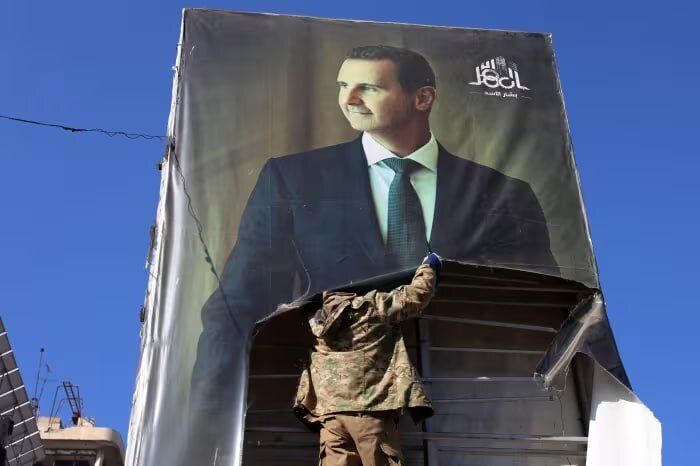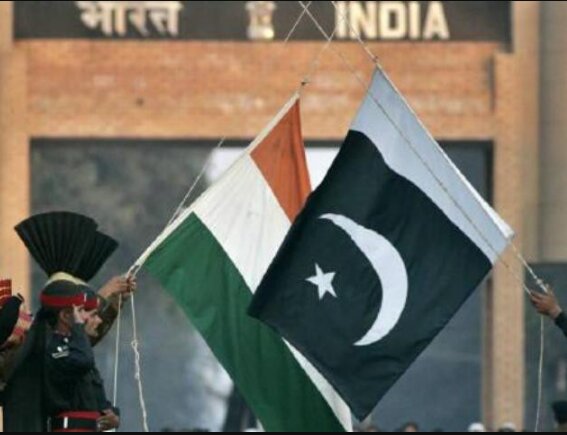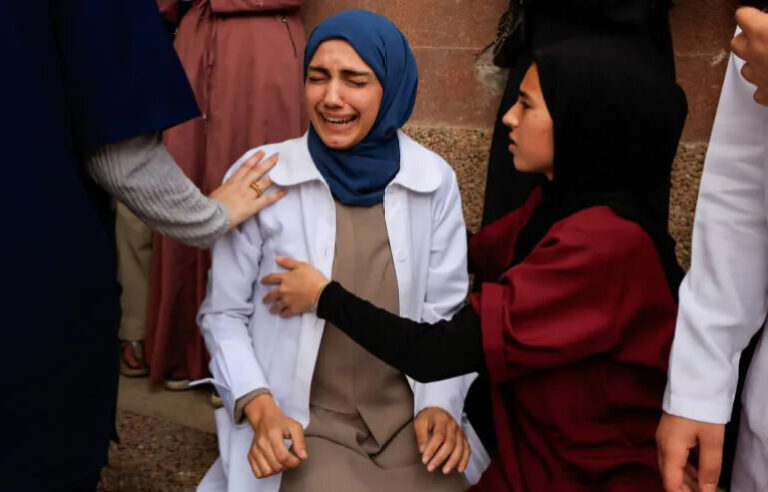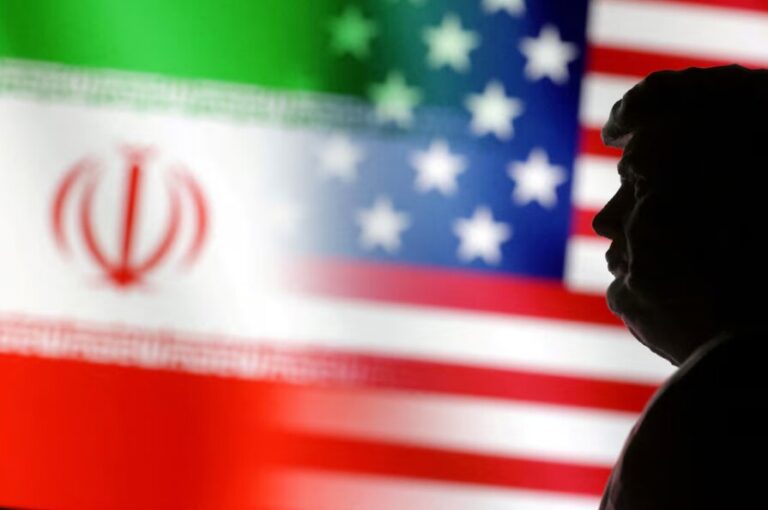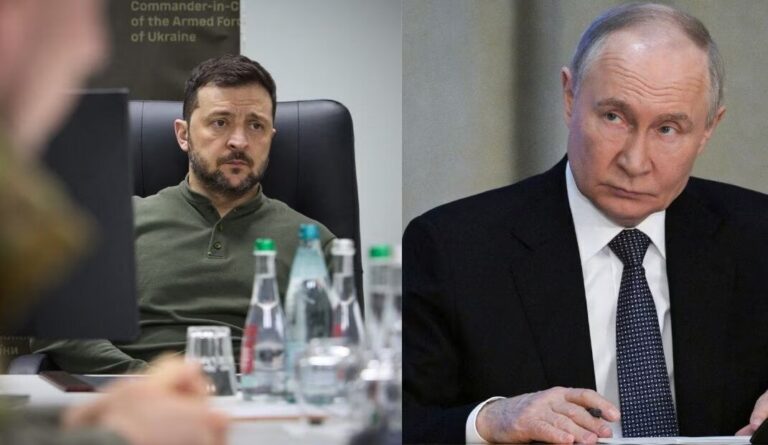UN Rights Chief Warns: Global Consensus on Human Rights Deteriorating
The recent remarks by the UN human rights chief highlight a critical moment in global human rights advocacy. As the world grapples with rising authoritarianism, the need to reinforce international human rights protections has never been more urgent.
Volker Turk, the United Nations High Commissioner for Human Rights, delivered a stark warning during a high-level meeting of the Human Rights Council in Geneva. He emphasized that the system of global protections established in the wake of World War Two is facing unprecedented challenges. Turk stated, “The global consensus on human rights is crumbling under the weight of authoritarians, strongmen and oligarchs,” according to a report by Reuters.
In his address, Turk outlined the pressing need for a collective response to these challenges. He called for a concerted effort to ensure that human rights and the rule of law remain central to communities, societies, and international relations. He cautioned that failing to do so could lead to a dangerous reality reminiscent of past atrocities.
Key Points from the UN Human Rights Chief’s Address:
- Global Protections at Risk: The post-World War Two system of human rights protections is under significant threat.
- Rise of Authoritarianism: Authoritarian leaders and oligarchs are undermining the global consensus on human rights.
- Call for Action: An all-out effort is needed to reinforce human rights as a foundational element of society.
- Dangerous Consequences: Without action, the world may face a return to the atrocities of the past.
Turk’s remarks resonate deeply in a time when many countries are witnessing a decline in democratic norms and an increase in human rights violations. He urged all stakeholders to work together to protect fundamental freedoms and uphold the rule of law. The implications of inaction are severe, and history has shown that when human rights are neglected, the consequences can be catastrophic.
The UN High Commissioner’s message is clear: the fight for human rights is not just the responsibility of governments, but a collective duty that requires the participation of civil society, international organizations, and individuals alike. Turk emphasized the importance of solidarity in addressing these challenges, stating that “we need an all-out effort by everyone.”
Why This Matters:
- Historical Context: The post-World War Two era was marked by a commitment to protect human rights globally.
- Current Global Trends: The rise of authoritarianism poses a significant threat to established human rights norms.
- Collective Responsibility: Ensuring human rights requires a unified effort from all sectors of society.
- Future Implications: A failure to act could lead to a regression in human rights protections and a repeat of historical atrocities.
As the world navigates these complex issues, it is essential for individuals and organizations to advocate for human rights and hold leaders accountable. The UN’s call for a reinforcement of these protections serves as a reminder that the fight for human dignity is ongoing and requires vigilance and commitment.
In conclusion, Volker Turk’s address underscores the urgent need to address the threats facing global human rights protections. As we reflect on his words, it is crucial to recognize our role in fostering a society where human rights are respected and upheld. The path forward must be rooted in collaboration, compassion, and an unwavering commitment to justice for all.
